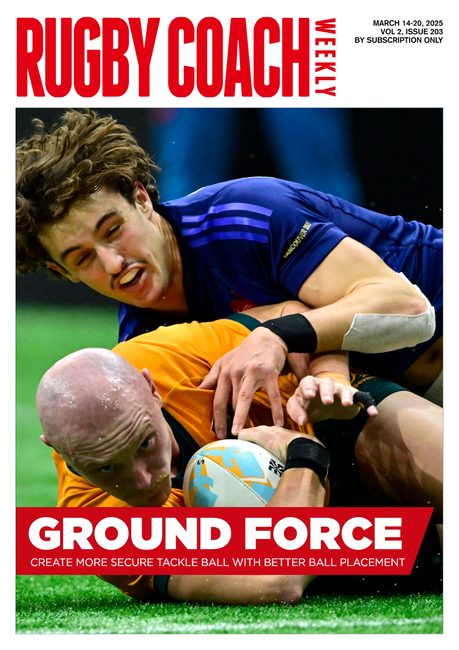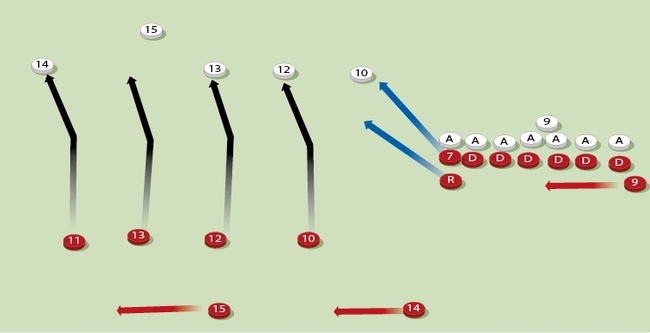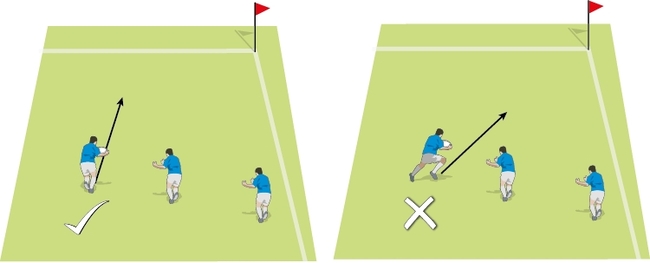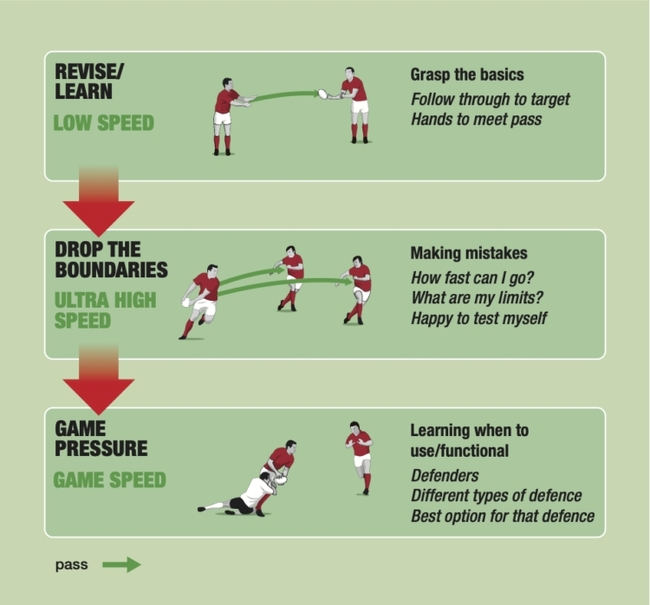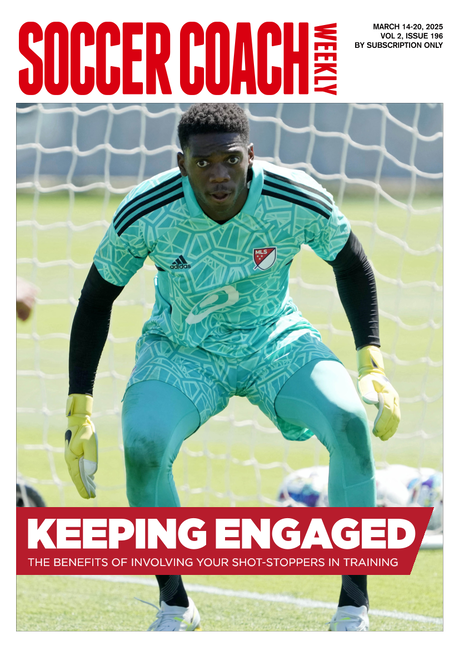Adjusting training games to develop attacking shape
In essence, I wanted to create defensive games which would force attacking teams to realign with more depth. The rewards were aimed squarely at the defence. If they were successful, they would either gain the ball, or in the case of the overloaded game (where there were more attackers than defenders), they would move over into the attacking team.
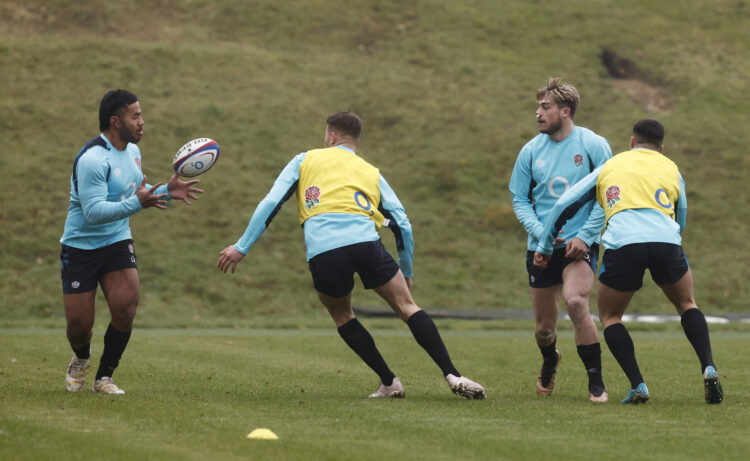
I’m always delighted to help our readers with their tactical and technical problems. One particular question allowed me to explore several avenues.
As it happened, I was sketching out my answer just before doing a coaching-the-coaches session at a school in London.
I showed my ideas to the organiser, Ian. His first reaction was to sympathise. While the original question came from a coach of U13s, Ian’s team were U18s, and still had the same problem: stopping his players from becoming too flat in attack.
I then discussed my answer with him over a coffee, and he suggested some tweaks based on his own experience. Interestingly, it was more about the game organisation than the game rules themselves.
In essence, I wanted to create defensive games which would force attacking teams to realign with more depth. The rewards were aimed squarely at the defence. If they were successful, they would either gain the ball, or in the case of the overloaded game (where there were more attackers than defenders), they would move over into the attacking team.
While it’s easy to manage turnover ball – the defenders just become the attackers – it takes a little bit of teacher magic to allow a smooth transition between attack and defence in the overloaded games.
We finessed this by splitting the training group into an odd number of small teams. That meant you could say team A and B v team C. Or A, B, C v D and E. In the games with five teams, it would be a rotation of one group after every set of plays.
These details make training move at a good pace. Thanks Ian for the help! And see Stop us being too flat in attack for the games.
Newsletter Sign Up
Coaches Testimonials

Gerald Kearney, Downtown Las Vegas Soccer Club

Paul Butler, Florida, USA

Rick Shields, Springboro, USA

Tony Green, Pierrefonds Titans, Quebec, Canada
Subscribe Today
Be a more effective, more successful rugby coach
In a recent survey 89% of subscribers said Rugby Coach Weekly makes them more confident, 91% said Rugby Coach Weekly makes them a more effective coach and 93% said Rugby Coach Weekly makes them more inspired.
Get Weekly Inspiration
All the latest techniques and approaches
Rugby Coach Weekly offers proven and easy to use rugby drills, coaching sessions, practice plans, small-sided games, warm-ups, training tips and advice.
We've been at the cutting edge of rugby coaching since we launched in 2005, creating resources for the grassroots youth coach, following best practice from around the world and insights from the professional game.



